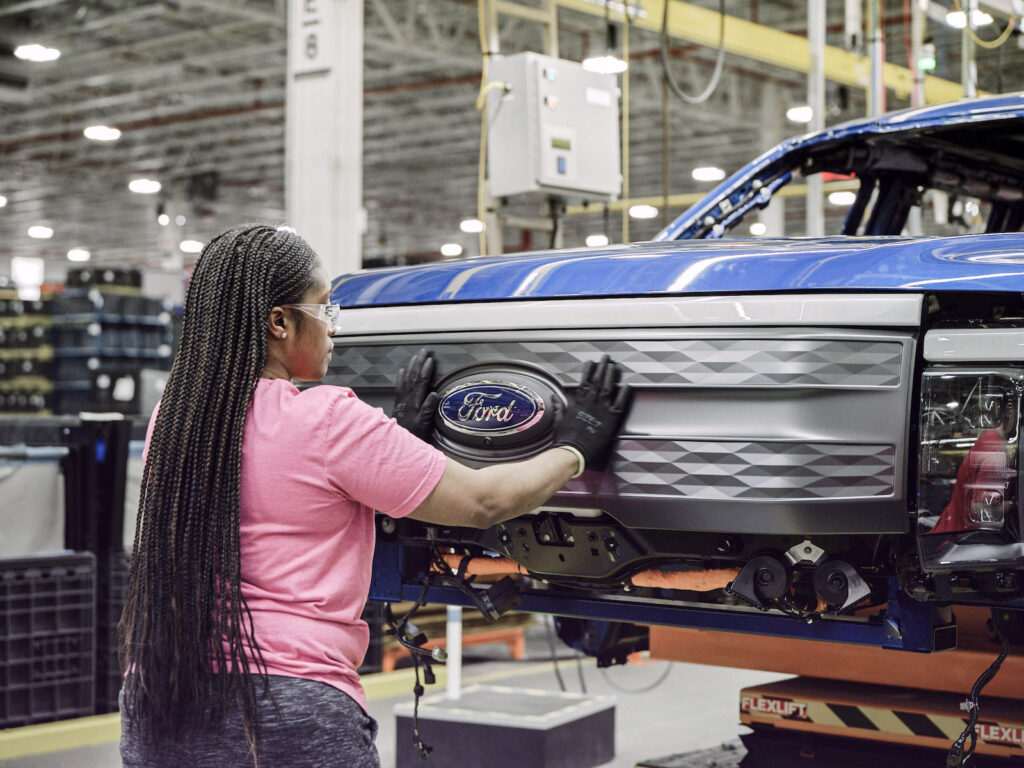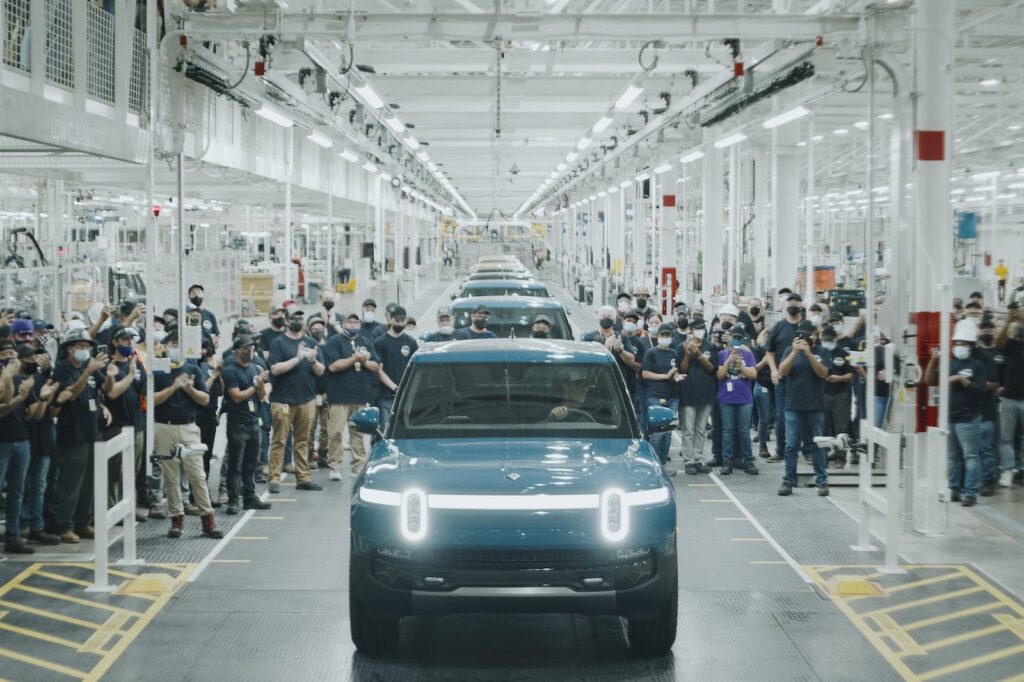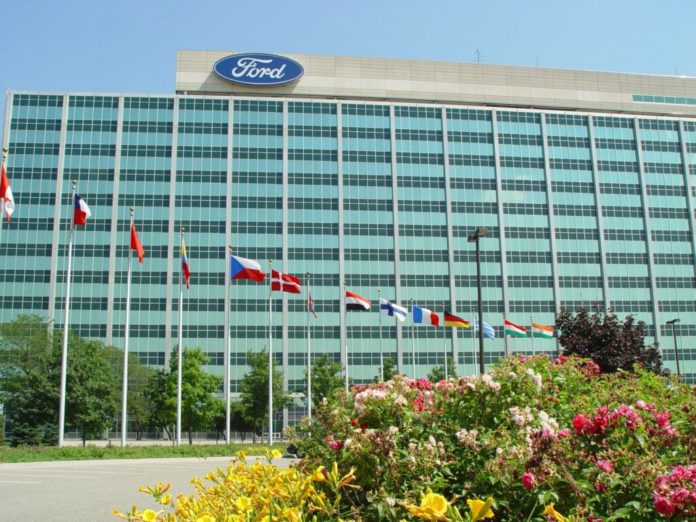Rivian appears to be the latest EV bromance to go sour for Ford Motor Co. as the automaker just cut its stake in the upstart EV maker down to 1 percent.
After investing $1.2 billion in the startup electric truck and SUV maker in 2019, Ford owned up to 12% of Rivian at one point, with 101.9 million shares. After the Rivian IPO in November 2021, the new stock soared to almost $180 per share, making Ford’s stake worth more than $18 billion.
But by the beginning of 2022, that investment was down by 40% from its all-time high to about $10.6 billion at about $100 per share on Jan. 3. The slide continued through 2022 as Rivian and other automakers had trouble meeting production and profitability goals. By the first trading day of 2023, the stock was changing hands at about $18 per share. After going as low as $15 per share in January, Rivian is currently trading back at $18 per share.
Trending

Against that backdrop, Ford has been steadily reducing its stake in Rivian, first reporting major gains, and then catastrophic losses on its investment. Ford reported an unrealized gain of up to $8.3 billion on Rivian stock for calendar year 2021.
However, Ford later reported a net loss of $3.1 billion for the first quarter of 2022, largely due to the declining valuation of its Rivian investment. The red ink is due to what the company described as a “mark-to-market” loss of $5.4 billion on the company’s investment in Rivian.
Ford’s initial 12% ownership was reduced to 10.5% in May 2022 after Ford sold 8 million shares for $214 million. Ford has now sold off even more of its stake in the fledgling luxury EV company, leaving just 11 million shares, or 1.15% of ownership residing in Dearborn, Michigan.
Viewed against Ford’s disappointing overall results for 2022, the drawdown of the Rivian investment makes perfect sense. In all, Ford sold 91 million of its shares in 2022, receiving about $3 billion in proceeds. That’s a handsome return on their initial investment, but not nearly what it could have been.
Going it alone with EVs

At the time of its investment, Ford and Rivian announced plans to build vehicles together based on the Rivian platform. That partnership never came to pass, and Rivian suffered a 17% stock hit on the day Ford announced it would not use the Rivian chassis to build any trucks, instead preferring its own design for the F-150 Lightning.
Rivian is not the only company to attempt a partnership with Ford to produce EVs. Ford had announced plans to build a small truck on the Volkswagen MEB electric platform for Europe, and that vehicle was intended to launch in 2023. Ford now says it will wind down its partnership with VW after producing two European-market crossover SUVs based on MEB. Ford and VW also terminated their joint venture in autonomous tech developer Argo after the collaboration cost Ford most of a billion dollars in Q3.
In more bad news for Rivian, a planned joint venture with Mercedes-Benz was also put on hold in December, as Rivian had to reprioritize to focus on its core business. it’s just the latest in a litany of problems that have plagued the company this year.
In July, the EV manufacturer laid off 6% of its workforce to help offset rising costs due to inflationary pressures. Then, in October, Rivian recalled 13,000 trucks out of the roughly 14,000 that have been made this year, for suspension nuts that may not have been torqued properly, which could cause the front suspension to separate. At the same time, the company has been battling the same supplier shortages as every other automaker.

